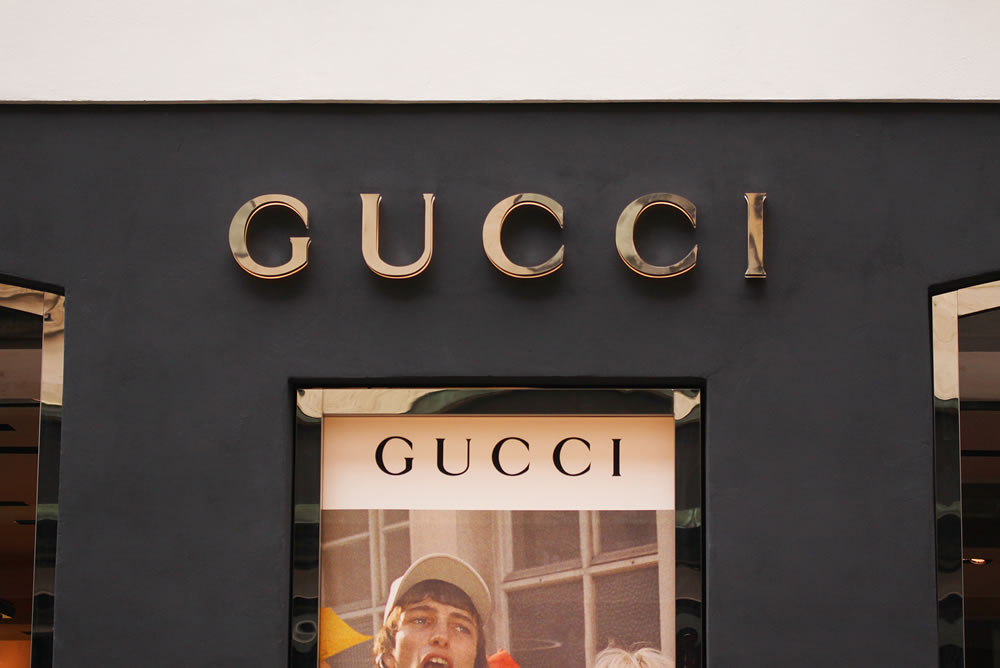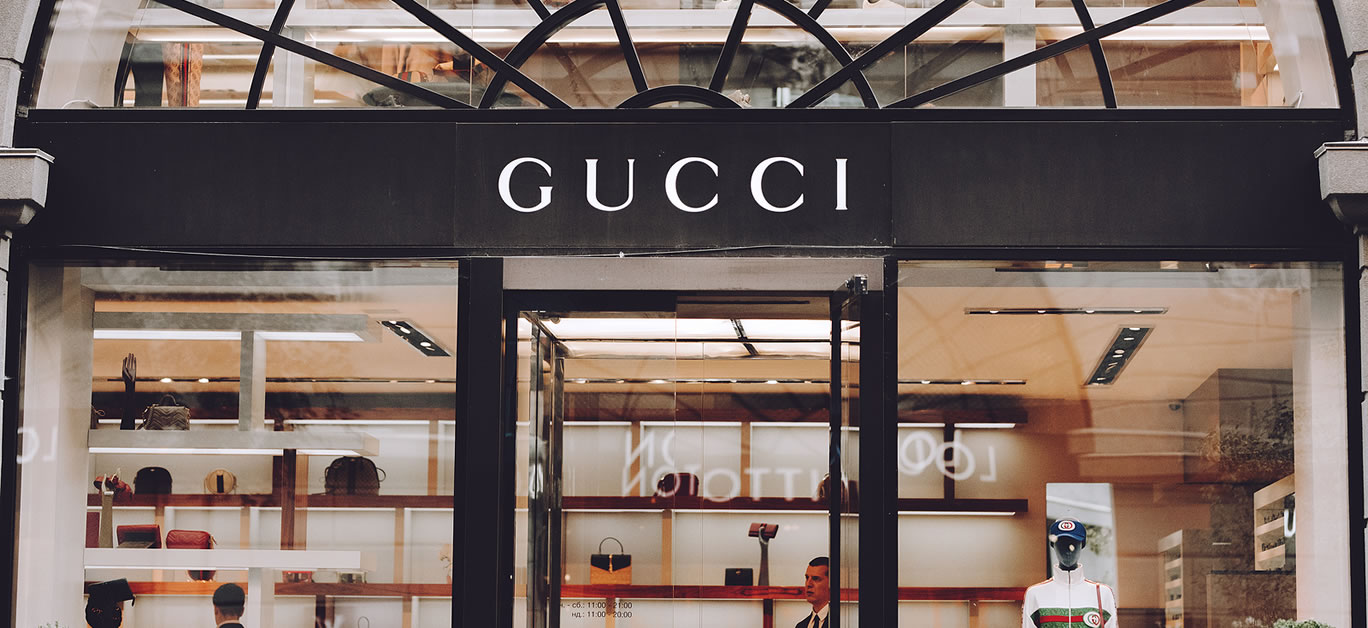Cryptocurrency investment is at an all-time high, and despite recent market volatility, the number of people looking to ride the wave is continuing to surge. While Bitcoin’s May price plunge may have shaken amateur investors and short-term players alike, experience traders who are willing to play the game have swept in to buy up huge amounts of Bitcoin at rock bottom prices, and given the crypto market’s historic resilience, most industry experts believe it’s likely to bounce back stronger than ever as the year goes on.
Of course, today, Bitcoin isn’t the only cryptocurrency getting investors excited, and with a raft of other ‘alt-coins’ like Ethereum and Ripple to choose from, traders are spoilt for choice when it comes to taking advantage of the current low prices across the board.
Global interest in alt coins is also on the rise, and while countries like China have refused to accept the original cryptocurrency as a means of payment, even they are pioneering their own. According to YuanPay Group, in 2017, Initial Coin Offerings (ICO) were banned in the nation, with several crypto platforms and exchange websites forced to close down as a result. But China’s Central Bank – the People’s Bank of China – has since begun the development of its own digital asset designed to compete with leading cryptos, and eventually, aims to convert China into a fully digital financial system.

It’s clear to see that the craze for digital currencies is going strong, wherever you happen to live in the world – and with the luxury industry continuing to embrace crypto, it seems we’re standing on the precipice of a new era when it comes to the way we spend and shop.
From Tesla to Philipp Plein, the past few years have been punctuated by announcement after announcement from luxury, high-end brands declaring their decision to begin accepting cryptocurrencies as a means of payment for their goods, and with the latter recently opening a first-of-its kind crypto concept store on London’s Old Bond Street, the momentum is continuing to build.
The store, which accepts payment in 24 different cryptocurrencies for physical goods, is spread across four floors and showcases a collection of innovative ready-to-wear pieces, with the top storey playing host to NFT art gallery, the MoNa. It also serves as a Metaverse information centre, where customers can learn how to use Plein’s new online Metaverse marketplace.
More recently, we’ve learned that Gucci is set to join the crypto party, and not a moment too soon. According to Vogue Business, the luxury brand will accept 12 cryptocurrencies including Bitcoin, Ethereum, Bitcoin Cash, Wrapped Bitcoin, Litecoin and Shiba Inu, as well as five stable coins that are pegged to the US dollar at its most prominent US stores.

While, understandably, luxury shoppers are thrilled with this latest development, some will argue that Gucci is a little late to make the move – and those who have yet to embrace digital currencies, even more so. It might be ready to accept a more forward-thinking range of payment methods, but the brand has yet to speak up on its intentions with regards to the Metaverse and how it plans to embrace this new digital universe, and fans of Philipp Plein and other such innovative companies may well feel that they are falling behind the times.
Gucci isn’t the only one to be late to the party, either. Only recently, high-end fashion giant LVMH – which owns a host of respected brands including Louis Vuitton and Yves Saint Laurent – declared that it had no desire to sell virtual products in the Metaverse and would instead remain very much in the real world, selling physical products, just as it always has. It’s understandable, but we also have proof from years gone by that the brands that adapt the most quickly are those which stand to gain, while those which fail to do so may soon find themselves struggling to stay afloat.
Customers are changing, and so, too, are their shopping habits and their demands. But luxury brands, which have long been characterised by tradition and heritage, seem to be remaining fearful of shape-shifting along with them. Before long, prestige alone might not be enough to keep customers coming back for more, and a willingness to embrace the latest technological innovations – and cryptocurrency – in all its various forms, sooner, rather than later, may well be what it takes to stay one step ahead of the competition.






















